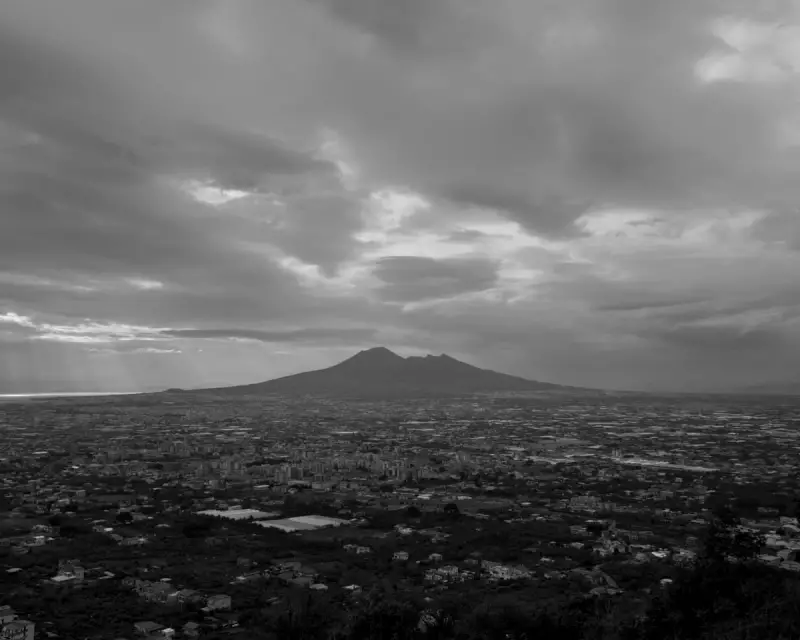
Acclaimed documentarian Gianfranco Rosi, the master of immersive, observational cinema, turns his unblinking gaze to the vibrant, chaotic streets of Naples in his latest work, Below the Clouds. Premiering to anticipation, the film reaffirms Rosi's status as a preeminent voice in non-fiction filmmaking, offering a raw and poetic meditation on a city of stark contrasts.
Rosi, who lived in Naples for two years to create this portrait, employs his signature technique of patient observation. The camera acts not as an intruder but as a silent witness, weaving through the city's labyrinthine alleys and bustling piazzas. The film meticulously avoids narration or interviews, instead constructing its narrative through a series of meticulously composed vignettes that capture the pulse of everyday life.
A City of Contrasts and Human Resilience
The documentary masterfully juxtaposes the breathtaking beauty of the Bay of Naples with the gritty reality of its struggling neighbourhoods. Rosi finds his characters in the margins: street vendors, fishermen, children playing amidst decay, and elderly residents watching the world go by from their balconies. The film's power lies in its ability to find profound humanity and fleeting moments of joy within an environment of economic hardship and social neglect.
Unlike traditional reportage, Below the Clouds is not an exposé but a deeply sensory experience. The sound design immerses the viewer completely—the cacophony of traffic, the shouts from market stalls, the gentle lapping of waves against the harbour walls. This auditory landscape is as crucial as the visual one, painting an audio portrait of a city that is never silent.
A Legacy of Poetic Social Commentary
Rosi's approach invites comparison to the great Italian neorealists, yet his style remains uniquely his own. The film operates in a liminal space, feeling both timeless and urgently contemporary. It doesn't seek to provide answers or assign blame but to present a state of being, asking the audience to sit with the complexities and contradictions of modern Naples.
While the film's deliberate pace and lack of a conventional narrative may challenge some viewers, its cumulative effect is overwhelmingly powerful. Below the Clouds is a demanding yet rewarding piece of cinema that lingers long after the credits roll. It is a testament to Rosi’s unparalleled skill in crafting profound, empathetic, and visually stunning works that challenge how we see the world around us.





